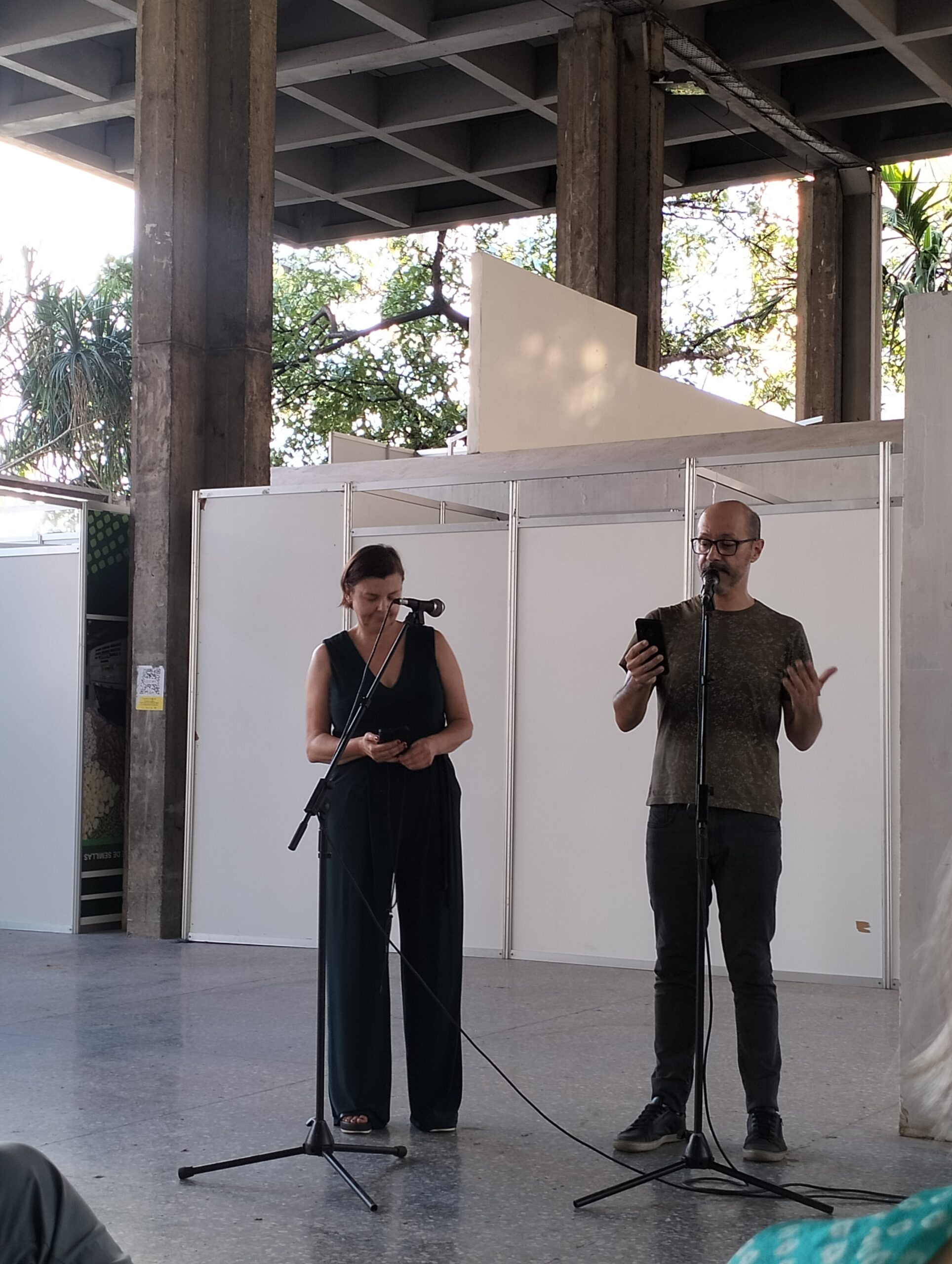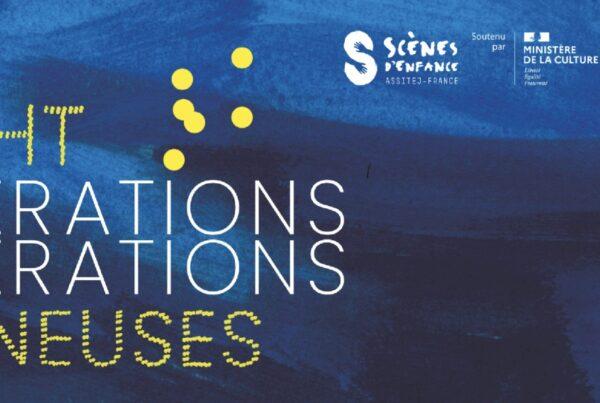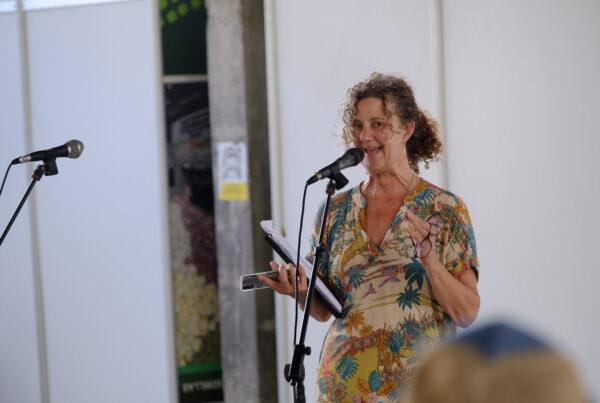It feels wonderful to be co-writing this piece with Ginni Manning, playwright, writer, theatre-maker and facilitator from England representing Write Local. Play Global here in Havana. And we are playing word association!
When I say Write, she says celebration.
When I say Local, she says energy.
When I say Play, she says constant.
When I say Global, she says world family.
When she says playwriting, I say personal.
When she says here, I say Havana.
When she says communication, I say emotion.
When she says challenge, I say mobility.
Now, let’s find out why she’s here.
Q. What are you looking for here at the 21st World Congress?
A. I’m looking for the differences in the way we write amongst what always unites us. So, I know when I walk into a room of writers and theatre-makers I can start a conversation immediately about something we all love. I’ve been in a room with 13 different nationalities and the conversation hasn’t stopped.
Q. Who is a playwright in today’s world of practice in creating for young audiences?
A. I think that’s a very relevant question. Because as a playwright network, we have many brilliant members who have developed the skills as playwrights but what’s clear is that there are many other artists in the room who write for theatre. And as a global network, there’s a fascinating discussion about this creative practice. I see playwrights as skilled artists who are story guardians and also adapt to different forms of theatre. That is part of the discussion that we have been having here. What’s been really interesting is hearing the experience of other playwrights from the Ibero-American community and other parts of the world in terms of the practicality of creating as a person who’s dedicated to writing for children and young people.
Q. What have you been up to with so many professional exchange programmes on the ground?
A. We’ve had a fantastically productive time here in Cuba in terms of discussion and meeting people. So, we’ve had a range of sessions starting with a session between myself and the wonderful Argentinian playwright Maria-Ines Falconi in which she discussed the Ibero-American Network’s playwright resource. We also had a discussion in English and Spanish about the international playwright resource, a script database that WLPG are establishing on our website. We had our incredible playwright slam with playwrights from the Ibero-American community having their work performed which was such a powerful event. There was a QR code for the English translations of each text and the room was packed out! Finally, we have Empowering LGBTQIA+ Voices in Theatre for Young Audiences with Cleiton Echeveste from Brazil. The highlight for me has been the Inspirational Playwrights Award in which we got to honour three incredible women Senegalese playwright Mamby Mawine, Mirna Sakhleh from Palestine and Tijana Grumic from Serbia.
Q. Tell us about Landscape of the Future: A Communal Story.
A. So this is a wonderful tradition established by our co-founder Kim Peter Kovac who also received a Lifetime Achievement Award at this congress. At the Cradle of Creativity in 2017, many people contributed to the poem and so here we are collecting contributions of 50-word prose or poetry pieces about our personal visions of what the landscape of theatre for children and young people would be in the future. (Send to futurevoices@yahoo.com)
Huh, the tables have turned… As an upcoming playwright, she asks me,
“What do you see as the role of the playwright in your creative environment?”
Well, a big part of playwriting for me is research. Whether you are writing an adaptation or an original play, you, as the writer need to be aware of the history of the themes and the setting of the play to really be able to take your audiences and performers through the world of the story.
—–

Nishna Mehta is an MA in Theatre for Young Audiences. She has been working with and for children and young people from various backgrounds and abilities in India, Singapore, England, Ireland and Germany since 2012.
Currently, she is the Lead Researcher for ASSITEJ International’s Global Advocacy Focused Research Project with a focus on Leadership Demographics in Theatre for Young Audiences, the Chairperson of the International Inclusive Arts Network and acting Secretary of ASSITEJ India.
She wishes to share the magic and joy of theatre with young people across age groups and backgrounds throughout the world and aims to bring her local and international experiences together in order to find a ‘glocal’ identity.







